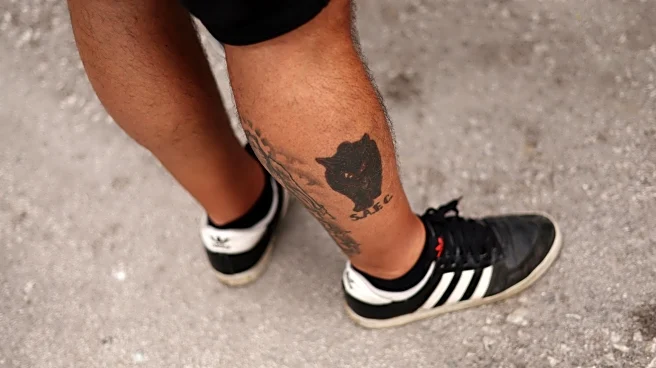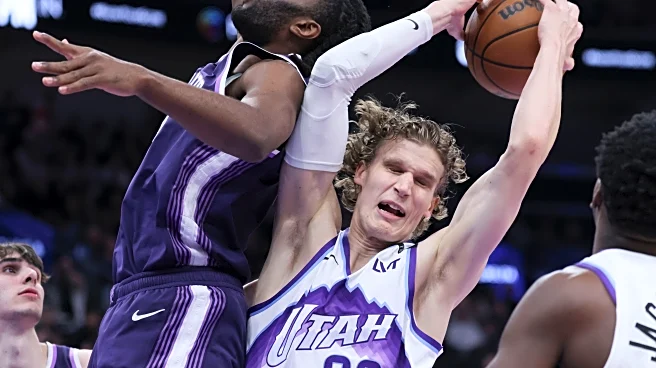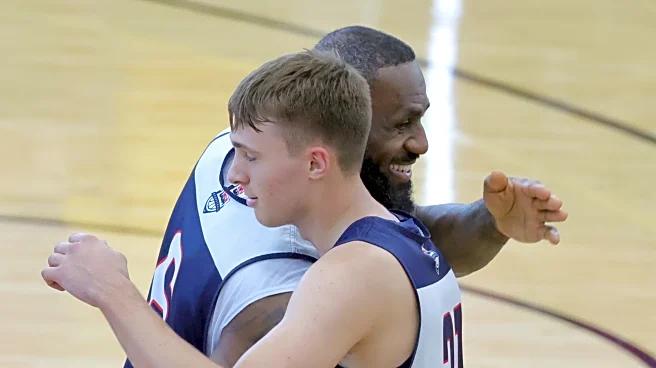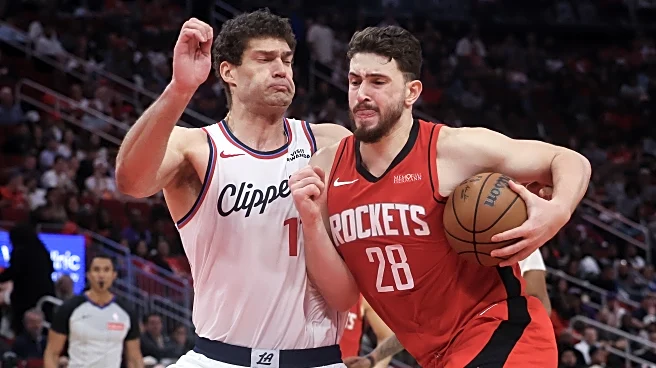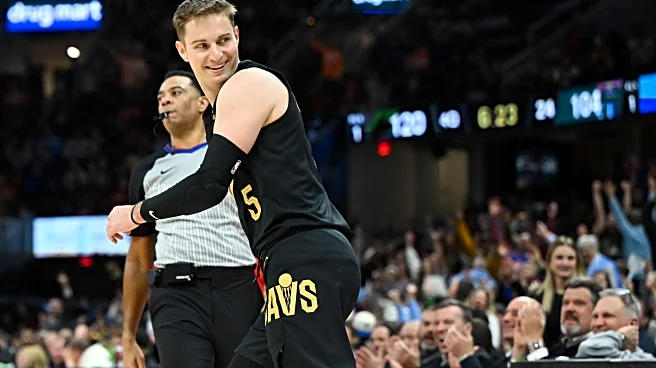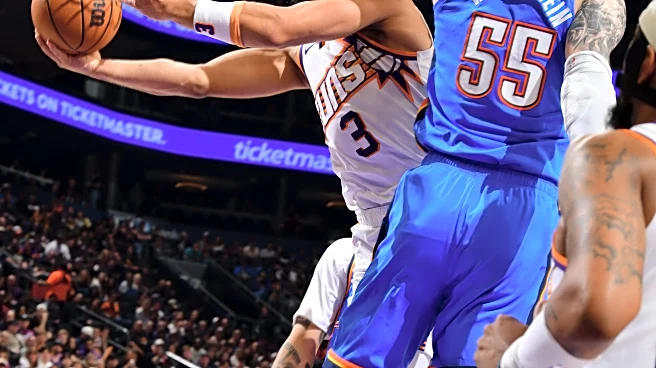The final whistle blows. The stadium empties. The dodgy streams are turned off. For many of us, the walk home is a chance to digest the result, share a pint, or just lick our wounds in silence. But for a growing number of people, the post-match debrief is played out not in the pub, but on social media and online forums.
I know that following the lads is an emotional rollercoaster. But there’s a difference between passionate debate and outright abuse, and it’s a line that’s being crossed with alarming
regularity.
Whilst we used to be somewhat reassured that it was just a small number of people and that it would never be seen beyond a limited audience, the way that forums / some social media platforms are designed means that the most controversial (and often outright wrong) opinions are often those that you’ll see first.
The anonymity of a username and a screen provides a shield, turning someone into an armchair critic with a licence to say things they’d never dream of saying to a player’s face.

I’m a member on a popular forum that is a digital monument to everything that makes our fanbase so unique. I’ve been a long term admirer of the place. It’s brought together fans from across the world. The section / thread on men’s mental health provides a space for thousands of people to express their feelings and share their thoughts in a safe, reassuring space.
Unfortunately, after a loss, it transforms.
The opinions, often delivered with all the grace of a Lee Cattermole reducer, become a race to see who can post the most scathing or controversial one-liner. I’m not saying that this is everyone – far from it – but the most reasonable and measured responses do not create conversation. As a result, they’re pushed further down the pecking order. The result? We end up seeing over 500 responses to an utterly bizarre comment stating that Granit Xhaka’s legs have gone and he’s past his best. This has been established after two games.
Sadly, with the joyous Elon Musk in charge of Twitter / X, we see similar results. If it isn’t an advertisement for IPTV, you’ll be reading comments of a similar nature. Sadly, the sort of person that you would see shadow boxing in the corner of a pub now pays £10 a month to be verified on X. When you search for #SAFC, you’ll see their posts first.
This isn’t just venting frustration; it’s a torrent of negativity that can have a real impact. Players, and their families, see this stuff. It can eat away at a player’s confidence, make a new signing question their move, and turn a dream job into a nightmare. They are not just pawns in a digital game; they are human beings with feelings and a job to do.
Tommy Watson is a prime example. If we look at the facts of the situation, Tommy Watson signed for Sunderland’s academy at six years old. He came through our academy and got into the first team. Much like we see Dan Neil as one of our own, there’s no doubt that Watson met the same criteria. His potential saw him targeted by Brighton and sold for £10m. I’m sure you won’t have missed this but he scored the winner in extra time at Wembley that saw us promoted. If you need a reminder, there’s a massive mural of him in the town centre.

Tommy Watson did not down tools. He also did not stop caring about Sunderland AFC. Not only was he subject to vitriolic posts on social media but he was also booed by certain groups of our fanbase. The backlash had a significant personal impact on Watson, who later admitted he had endured some “really tough moments”. He also revealed that his family were crucial in supporting him through the criticism, even telling him it was “going to end this way”. Whilst I’m delighted of the poetic justice that it was Watson who scored the winner for us at Wembley and that he was able to experience that moment, I am embarrassed by how we, as a collective fanbase, reacted towards one of our own squad. Without Tommy Watson, we wouldn’t be living through one of our most exciting periods as Sunderland supporters.
We should stop and think for a second – the season isn’t done and we have no idea how things will look when all 38 games are played. We need to think that there’s a solid chance that the players will be able to see posts and comments made about them. Not only that but we need to remember that each player has their own family and loved ones. When we’re in such a challenging situation, vitriol and mindlessness isn’t what we need to see.
But the harm isn’t just directed at the players. This culture of constant negativity erodes the very fabric of our community. It makes football less enjoyable for everyone. It discourages genuine debate and replaces it with a race to the bottom of the comments section. The love of the game gets lost in the noise, and the focus shifts from supporting the team to tearing it down.
We need to remember that our support in its truest form is a lifeline. It’s what gives the lads a boost when they’re down, and it’s what makes the Stadium of Light a fortress. Next time you’re about to unleash a tirade on a player, think about whether you’re building up the club or helping to tear it down. Our words have power, and it’s time we started using them for good.
